
Quantum Computing and AI: Opportunities and Challenges
Introduction:
Quantum computing and artificial intelligence (AI) hold immense promise for revolutionizing various aspects of technology. This article explores the opportunities and challenges that arise from the intersection of these two groundbreaking fields.
What is Quantum Computing?
Quantum computing utilizes the principles of quantum mechanics to perform computations. Unlike classical computers, which use bits to represent information as either 0 or 1, quantum computers use quantum bits or qubits. Qubits can exist in multiple states simultaneously, enabling quantum computers to process vast amounts of data in parallel.

Applications of Quantum Computing:
Quantum computing has the potential to significantly accelerate computations in various domains, including cryptography, optimization, drug discovery, and materials science. For example, quantum computers can efficiently factor in large numbers, which is crucial for breaking cryptographic codes and enhancing cybersecurity.

Challenges in Quantum Computing:
Despite its potential, quantum computing faces several challenges, including the need for error correction due to the fragility of qubits, the high cost of building and maintaining quantum hardware, and the scarcity of skilled researchers in the field. Overcoming these challenges is essential for realizing the full potential of quantum computing.

What is Artificial Intelligence?
Artificial intelligence refers to the simulation of human intelligence in machines, enabling them to perform tasks that typically require human cognition, such as learning, problem-solving, and decision-making. AI algorithms analyze vast amounts of data to identify patterns and make predictions or decisions.
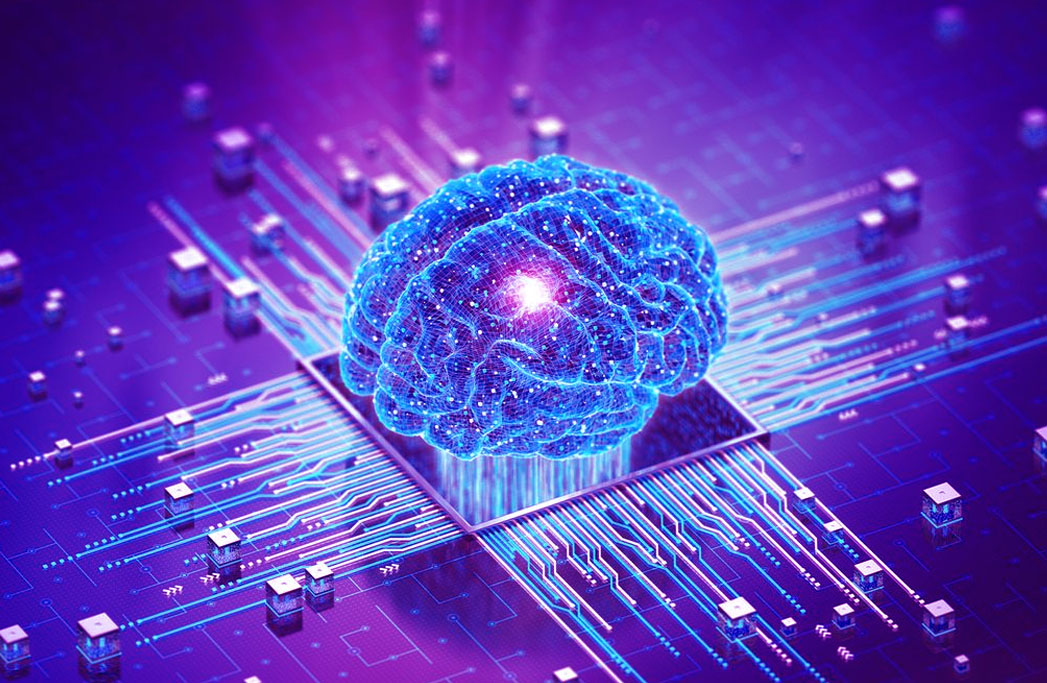
Applications of Artificial Intelligence:
AI technologies find applications across various sectors, including healthcare, finance, transportation, and entertainment. For instance, AI-powered healthcare systems can assist in medical diagnosis, drug discovery, and personalized treatment recommendations, leading to improved patient outcomes.

Challenges in Artificial Intelligence:
Despite its transformative potential, AI faces challenges such as bias in data and algorithms, the ethical implications of autonomous decision-making, and concerns about job displacement due to automation. Addressing these challenges is crucial to harnessing the benefits of AI while mitigating its risks.

The intersection of Quantum Computing and AI:
The convergence of quantum computing and AI presents exciting opportunities for innovation. Quantum algorithms can enhance the efficiency of AI algorithms, enabling faster and more accurate data analysis. Moreover, quantum machine learning algorithms have the potential to discover complex patterns in data that classical algorithms struggle to identify.

Opportunities in Quantum AI:
Quantum AI holds promise for advancing various applications, including pattern recognition, optimization, and natural language processing. Quantum machine learning models can analyze large datasets more efficiently, leading to breakthroughs in fields such as drug discovery, financial forecasting, and climate modeling.

Challenges in Quantum AI:
Despite its potential, Quantum AI faces challenges such as the development of quantum-compatible AI algorithms, the integration of quantum hardware with AI systems, and the need for specialized expertise in both quantum computing and AI. Overcoming these challenges will require interdisciplinary collaboration and continued research.
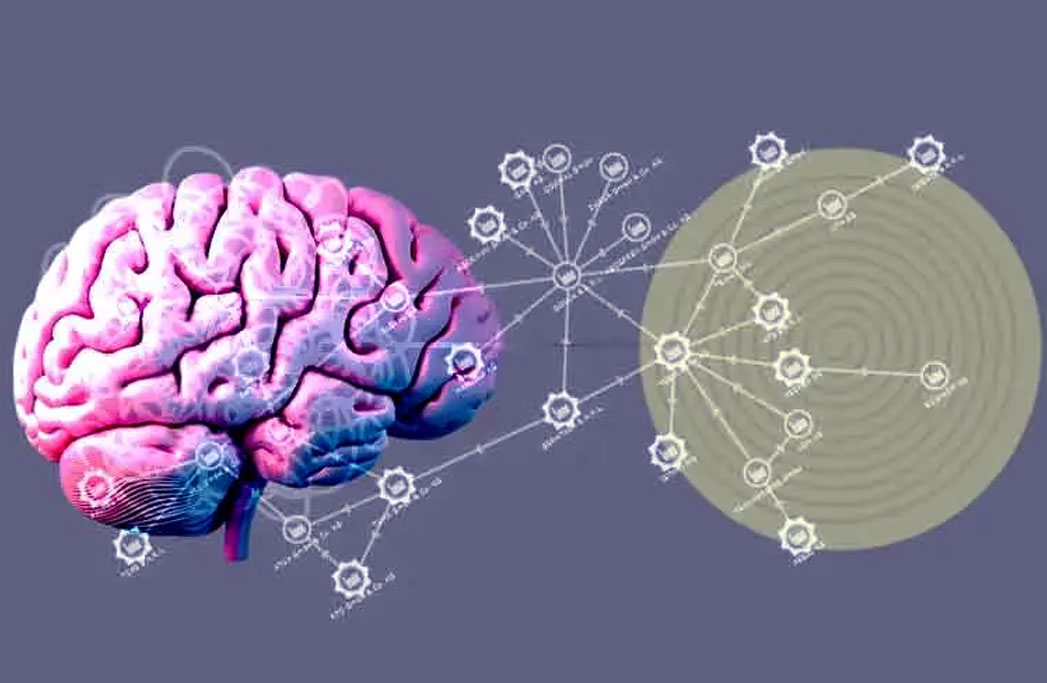
Conclusion:
Quantum computing and AI represent two of the most transformative technologies of the 21st century. By leveraging the synergies between them, we can unlock new possibilities for solving complex problems and driving innovation across various domains. However, realizing the full potential of Quantum AI requires addressing technical, ethical, and societal challenges while fostering collaboration among researchers, industry stakeholders, and policymakers.
For more info visit www.proxpc.com
Edge Computing Products
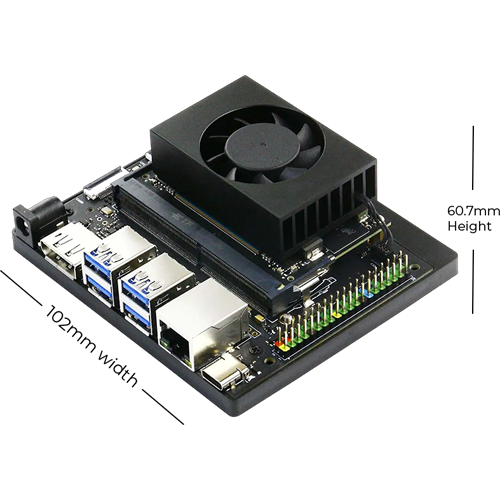
ProX Micro Edge Orin Developer Kit
Learn More
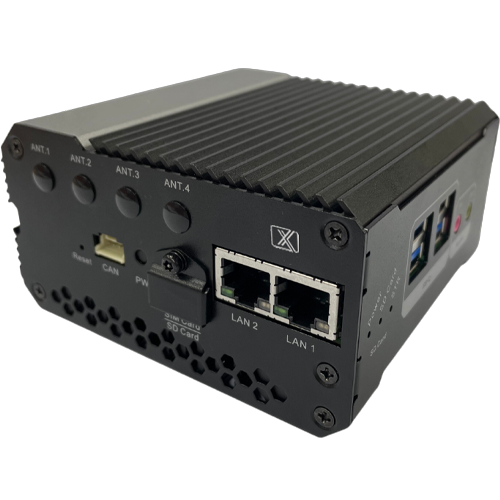
ProX Micro Edge Orin NX
Learn More
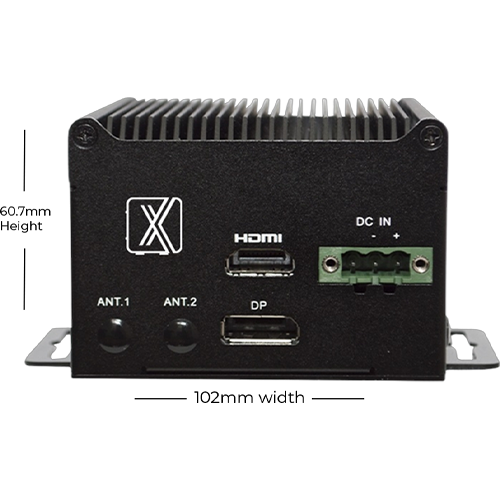
ProX Micro Edge Orin Nano
Learn More
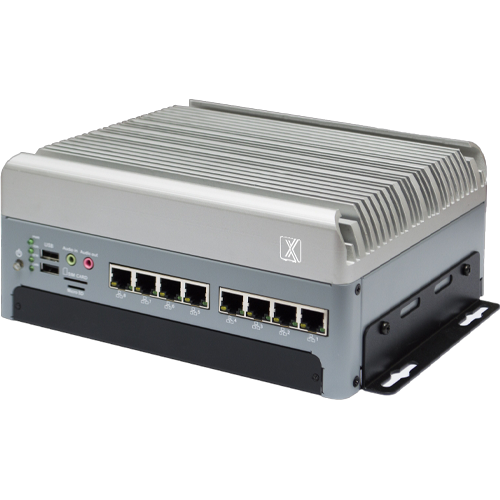
ProX Micro Edge AGX Orin
Share this:









